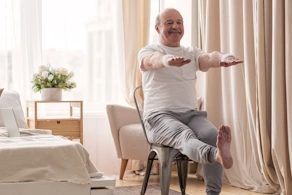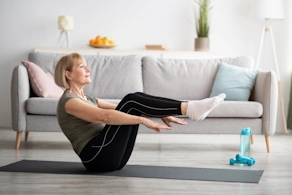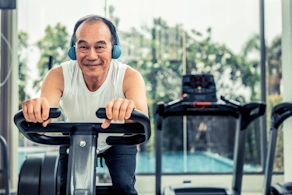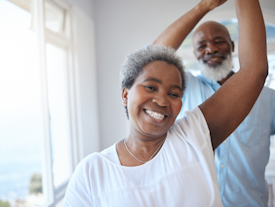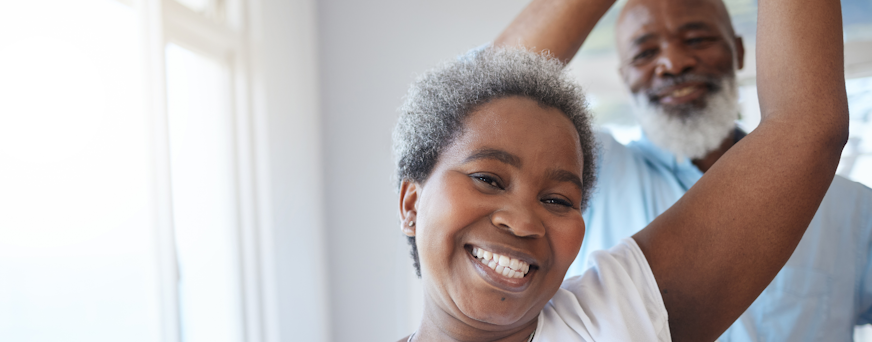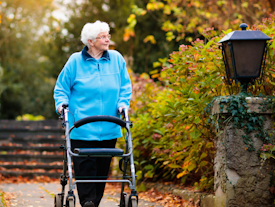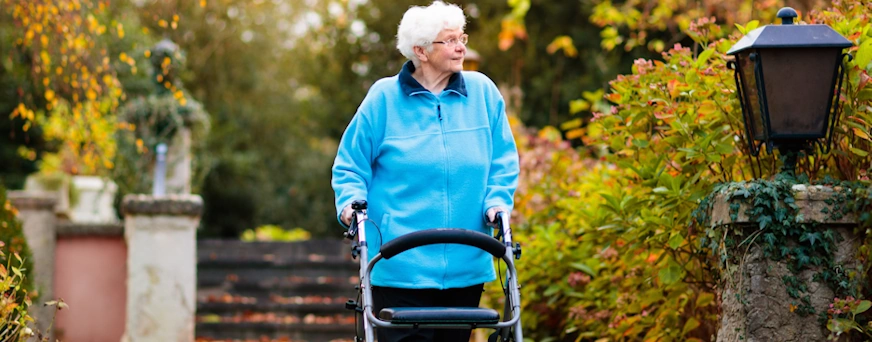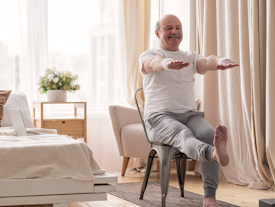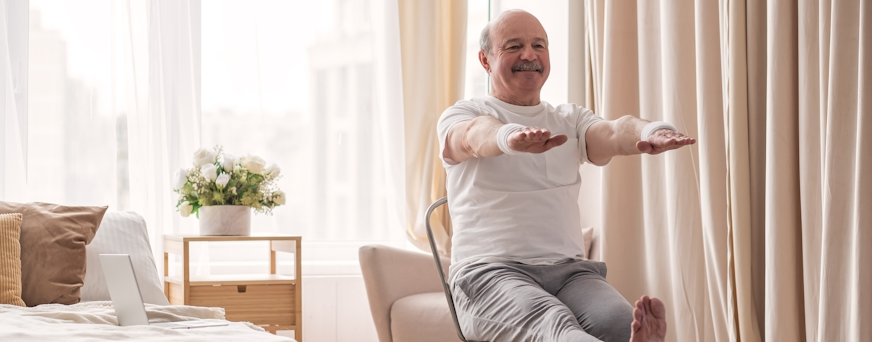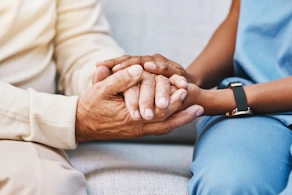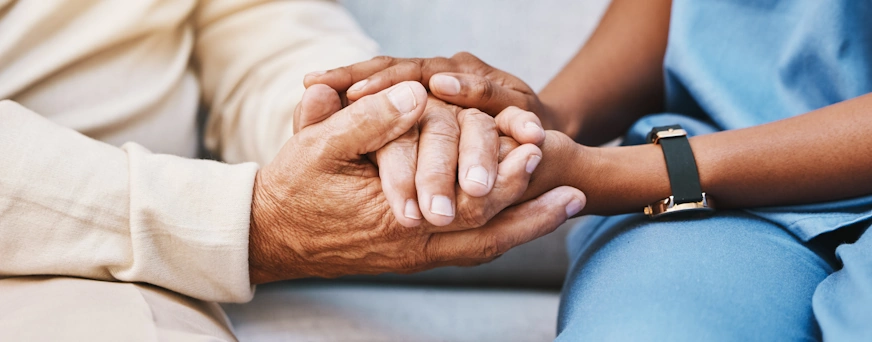Tai Chi for Seniors: How This Traditional Practice Can Enhance Mental and Physical Well-Being
Our Key Takeaway
Tai Chi combines slow, deliberate movements with deep breathing, enhancing balance, flexibility, and muscle strength in seniors. This low-impact exercise reduces fall risk, alleviates stress, and supports cognitive health, promoting overall well-being and independence.
Tai Chi is an ancient Chinese martial art that has gained popularity among seniors in Canada due to its gentleness and accessibility.
Combining slow, deliberate motions with deep breathing, Tai Chi supports physical and mental wellness. It helps reduce stress, improve balance and flexibility, and enhance muscle strength.
This low-impact workout is gentle on joints and suitable for various fitness levels. The flowing movements boost coordination and help prevent falls—common among seniors.
Tai Chi also fosters inner peace, enhancing mental wellness and promoting calmness and clarity.
Life Assure Product Quiz
Take our 30 second quiz and discover which Life Assure medical alert device is the right fit for you or a loved ones.
Life Assure Product Quiz
Take our 30 second quiz and discover which Life Assure medical alert device is the right fit for you or a loved ones.
Physical Benefits of Tai Chi for Seniors

Tai Chi enhances balance and coordination, helping reduce the risk of falls. Its controlled movements strengthen the lower body and improve stability.
It also promotes flexibility and strength with gentle stretches, supporting joint mobility and muscle endurance—especially beneficial for arthritis sufferers.
The flowing nature of Tai Chi aids cardiovascular health, improving circulation and helping to lower blood pressure.
Regular practice supports overall heart health and reduces the risk of heart disease in seniors.
Mental Benefits of Tai Chi for Seniors
Tai Chi promotes relaxation and stress reduction. Its slow movements and deep breathing calm the nervous system and alleviate anxiety.
It has been shown to reduce symptoms of depression and anxiety, contributing to better mental well-being.
Learning and remembering Tai Chi sequences stimulates brain activity and supports cognitive function.
It may help delay cognitive decline and keep the mind sharp as seniors age.
Tai Chi also encourages social interaction through group classes, helping seniors build community and reduce feelings of loneliness.
This shared experience fosters emotional health and a sense of belonging.
Tai Chi Classes and Accessibility

Many communities offer Tai Chi classes tailored for seniors, held in senior centers, parks, or community centers.
Instructors often adapt exercises for safety and accessibility, accommodating diverse needs.
Virtual classes and instructional videos are great alternatives for seniors preferring to practice at home.
Beginners should consult healthcare providers before starting and proceed at a comfortable pace.
Precautions and Recommendations
Though generally safe, seniors should consult a doctor before beginning Tai Chi, especially with pre-existing conditions.
Instructors should be made aware of any limitations to adapt movements appropriately.
Start slowly and gradually increase duration or intensity. Warm-ups and cool-downs are essential for injury prevention.
With proper care, Tai Chi offers a rewarding and safe path to holistic health for seniors.
Conclusion
Tai Chi offers seniors improved balance, flexibility, emotional wellness, and social connection.
This holistic practice significantly enhances quality of life and overall well-being.





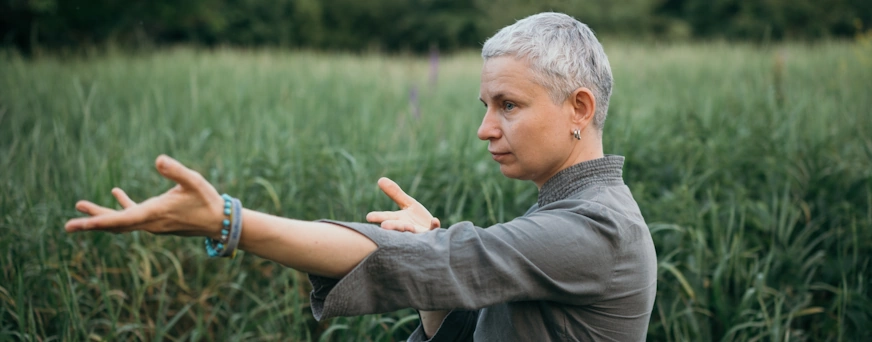






 Get Help With The Push Of
A Button
Get Help With The Push Of
A Button

